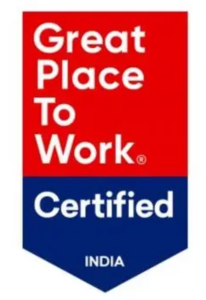The pharmaceuticals and chemical industry became the need of the hour during the pandemic and yet, its development needs a clear stand presently for being prepared for any unsuspected risks! Risk management has become the most prioritized system that every business is looking for at present. The challenges keep pouring, yet the organization with the most potent backup plan and a risk management strategy manages to survive it all. It is not late for you to think about it now and yes, First Policy is here to help you with the most trusted risk management plan customized based on your requirements.
Here are 3 ways to mitigate the undetected risks in Pharma & Chemical industry.
1. FORM AND ARRANGE THE RISK LIST IN PRIORITY ORDER
When we talk about pharmaceuticals and the chemical industry, the risks may range from clinical-trial design and execution, drug approval, product quality, and global commercial practices along with the workplace hazards leaving biological, physical, ergonomic, and even psychological threats, to risk management that lacks proper analysis, data orientation, action, and access. Arranging all kinds of risks in priority order for proper action is important. Even for this, First Policy can assist your business by making it easier for you by a proper assessment of your risk management issues.
- KEEPING A TRACK OF DATA REPORTS AND ADVANCED ANALYTICS
With the increasing technological approaches, security needs to be firm and a reviewing system to keep a check on some other rising risks! First Policy provides you with all these risk management services that keep track of any new potential hazard that can pose a threat and revise the security of the existing data.
- CRISIS PREPAREDNESS AND ROUTINE TESTING
The risk often comes uninvited and no matter how many vigorous strategies an organization holds for risk management, preparedness comes with experience. Crisis preparedness will never go in vain which may include the integration of crisis scenarios into budgeting and planning. The training and preparation depend greatly on communication which has recently shifted majorly into being digital. Hence, indirectly everything at present comes up to a strong digital foundation, and to sum up, the plan must know how the whole organization functions during the crisis!


